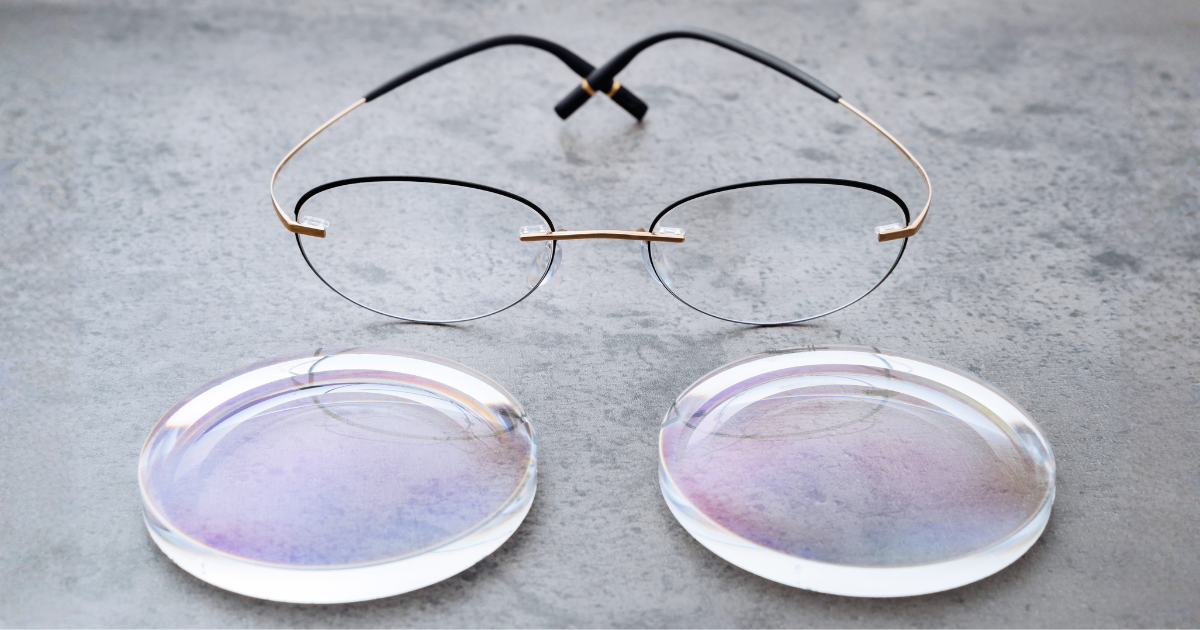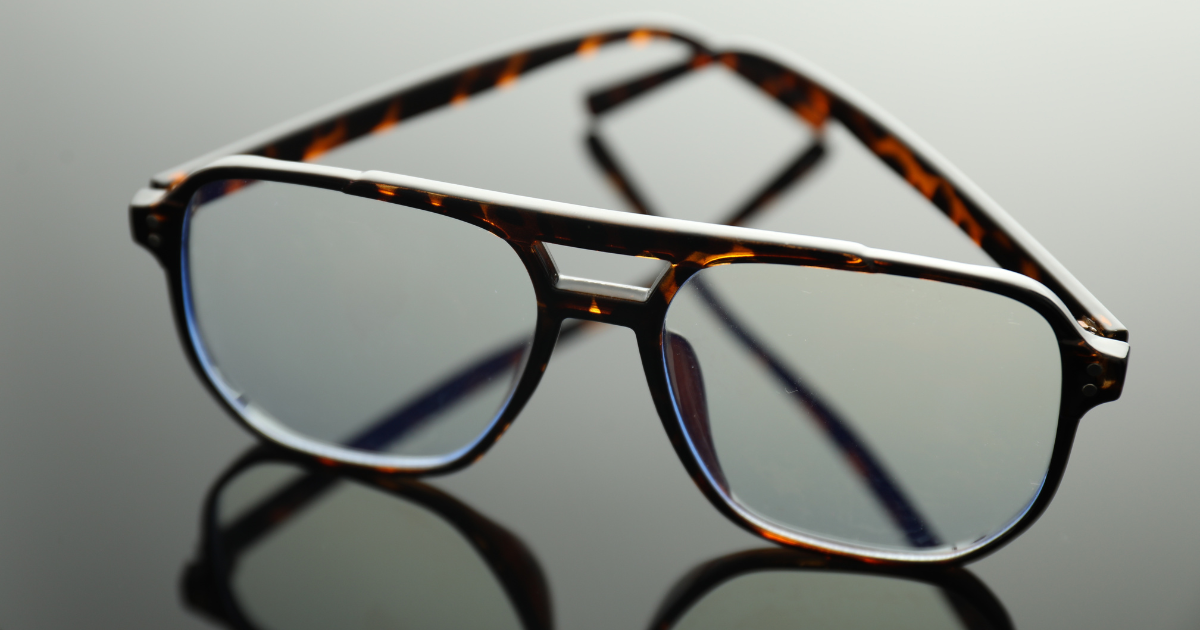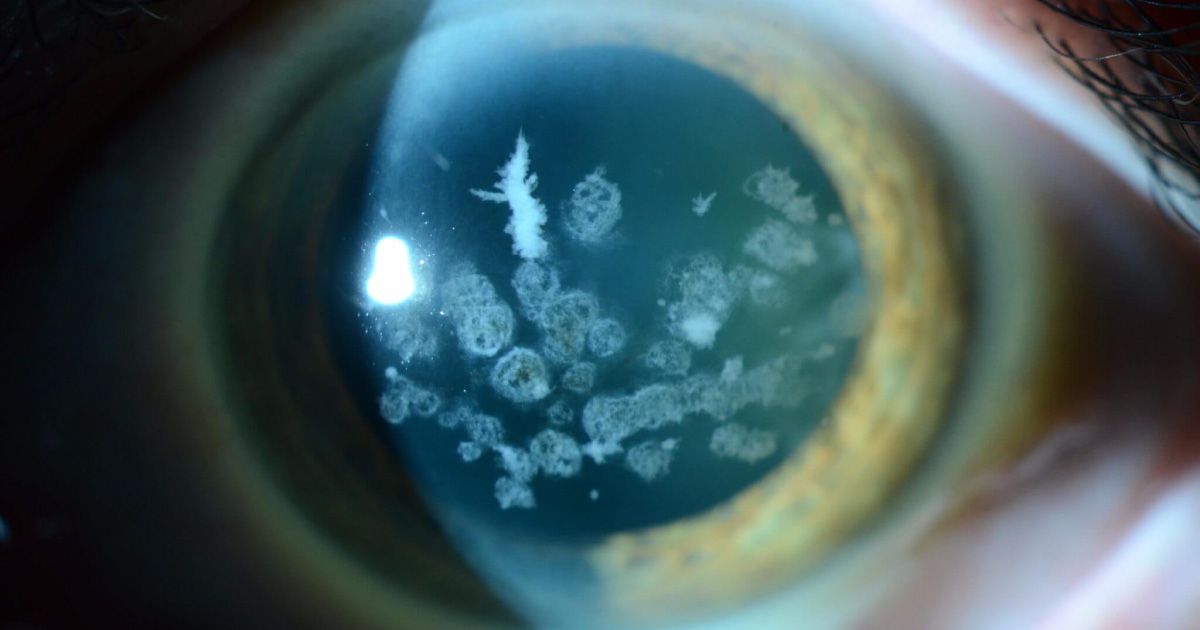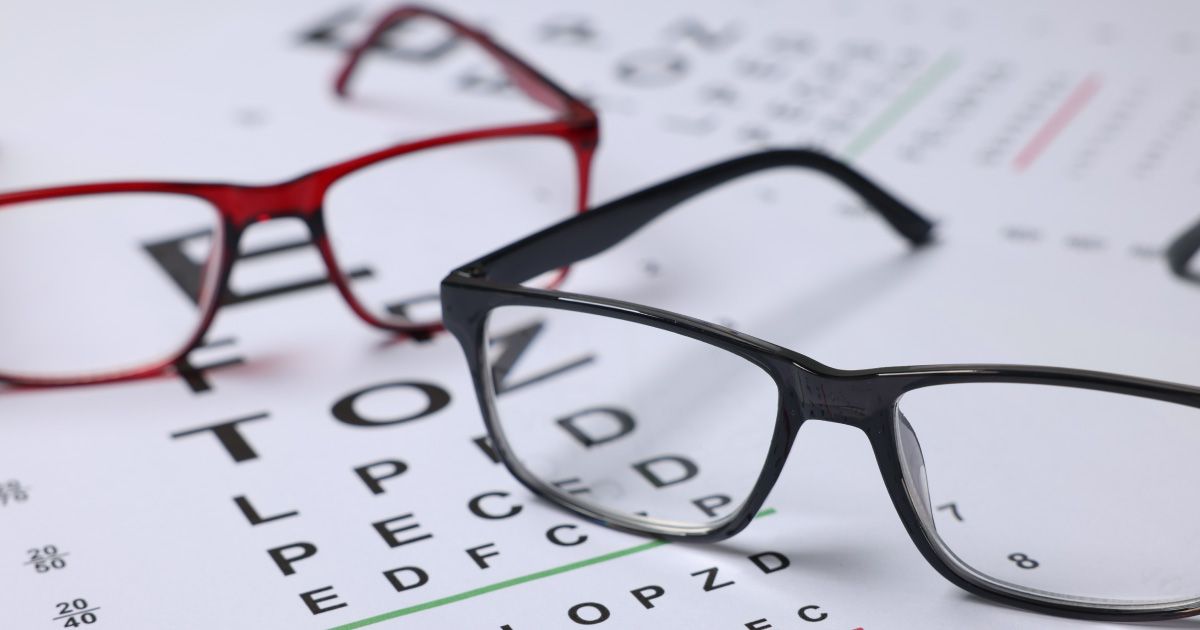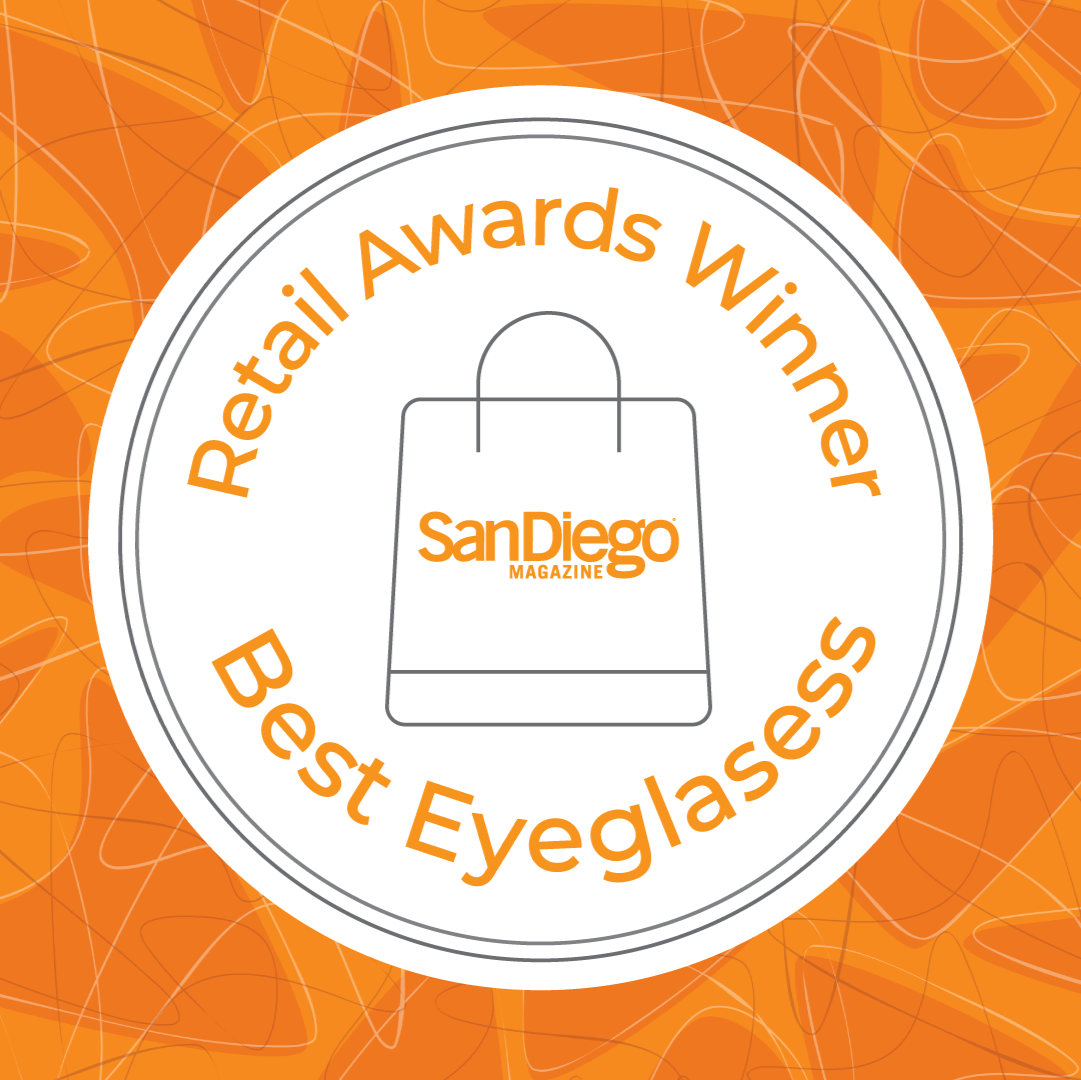Night Blindness: More Than Just Poor Night Vision

Read time: 6 minutes
When the sun dips below the horizon, most of us adjust to the dimming light with relative ease. But for some, the transition into twilight brings a profound and debilitating struggle to see. This condition, often misunderstood as simply "poor night vision," is medically known as nyctalopia, or more commonly, night blindness. It's not just about struggling to see in the dark; it’s a symptom of underlying ocular issues that warrant attention.
Understanding Nyctalopia's Past
The recognition of night blindness dates back to ancient times, long before modern ophthalmology. Early civilizations, particularly those reliant on hunting or navigating at night, would have keenly observed this debilitating condition. Evidence suggests the ancient Egyptians recognized night blindness and even prescribed surprisingly effective remedies involving liver, though the scientific basis was unknown then.
Hippocrates, the "father of medicine" in Ancient Greece, also described nyctalopia and its association with dietary deficiencies. Throughout history, sailors and explorers on long voyages with limited fresh food supplies often suffered from night blindness due to vitamin A deficiency, a condition that could jeopardize entire expeditions.
These historical accounts underscore that nyctalopia has been a recognized challenge to human function for millennia, highlighting its significant impact on daily life and survival.
Understanding the Causes of Nyctalopia
Night blindness isn't a disease in itself but rather a symptom of various underlying conditions affecting the retina, specifically the rod photoreceptor cells responsible for vision in low light.
One of the most well-known causes, both historically and globally, is Nutritional Deficiency, particularly Vitamin A Deficiency. Vitamin A (retinol) is crucial for the formation of rhodopsin, a pigment in the rod cells that converts light into electrical signals sent to the brain. Without sufficient Vitamin A, rhodopsin cannot regenerate properly, leading to impaired night vision. This remains a significant public health issue in many developing countries.
For more info, read our blog about Vitamin A Deficiency.
A number of Genetic Conditions can also lead to nyctalopia:
- Retinitis Pigmentosa (RP) is a group of inherited eye diseases causing progressive degeneration of the retina, primarily affecting the rod cells first. Symptoms often begin with night blindness in childhood or young adulthood and gradually progress to tunnel vision.
- Congenital Stationary Night Blindness (CSNB) is another diverse group of genetic disorders where the rod cells or the signals from them don't function properly from birth, but the condition typically doesn't worsen over time.
- Choroideremia is a rare inherited disorder which causes progressive degeneration of the choroid, retina, and retinal pigment epithelium, also leading to progressive vision loss starting with night blindness.
Furthermore, several Acquired Eye Conditions can impair night vision:
- Cataracts, the clouding of the eye's natural lens due to can scatter light, reducing the amount that reaches the retina, especially in dim conditions, and causing glare around lights.
- Glaucoma, which involves damage to the optic nerve often due to high intraocular pressure, can impact peripheral vision and contrast sensitivity, making it harder to adapt to low light; certain glaucoma medications can also constrict the pupil, further limiting light entry.
- Diabetic Retinopathy, caused by damage to the blood vessels in the retina from diabetes, can impair the function of retinal cells, including rods.
- Macular Degeneration (AMD) primarily affects central vision but advanced forms of can sometimes affect peripheral vision and the function of surrounding retinal cells, contributing to difficulties in low light.
- Medication Side Effects from certain drugs, such as phenothiazines (antipsychotics) or some glaucoma medications, can also impair night vision.
Shedding Light on the Diagnosis: How Nyctalopia is Identified
Diagnosing night blindness involves a comprehensive eye examination and often specific tests to pinpoint the underlying cause. The optometrist will begin with a detailed patient history, asking when night vision problems started and how they've progressed, about any family history of eye conditions, dietary habits, current medications, and specific difficulties encountered in low light (e.g., driving at night, navigating familiar rooms in the dark).
Following the history, a series of standard eye tests will be performed, including:
- Visual Acuity Test - standard eye chart assessment
- Slit Lamp Examination - to inspect the front of the eye for cataracts or other abnormalities. Retinal Examination - performed after dilating the pupils, allows the optometrist to get a clear view of the retina, optic nerve, and blood vessels to look for signs of degeneration, diabetic retinopathy, or other issues.
- Visual Field Test – to check for peripheral vision loss, which is common in conditions like glaucoma and retinitis pigmentosa.
More specialized tests include Electroretinography (ERG), which measures the electrical activity of the retina's photoreceptor cells (rods and cones) in response to light, crucial for diagnosing genetic retinal dystrophies. Adaptometry is a test that measures how quickly and well the eyes adapt to dark conditions. Finally, blood tests may be ordered to check for vitamin A levels if a nutritional deficiency is suspected.
Navigating the Dark: Management and Treatment of Nyctalopia
The management of night blindness is entirely dependent on its underlying cause.
For Vitamin A Deficiency:
- Dietary Changes: Increasing intake of Vitamin A-rich foods like carrots, sweet potatoes, spinach, kale, liver, and dairy products.
- Vitamin A Supplements: Under medical supervision, supplements can rapidly improve night vision in deficient individuals.
For Cataracts:
- Cataract Surgery: Replacing the cloudy natural lens with a clear artificial intraocular lens (IOL) is highly effective. This can dramatically improve not only night vision but overall vision quality.
For Glaucoma:
- Medicated Eye Drops: To lower intraocular pressure.
- Laser Procedures or Surgery: To improve fluid drainage from the eye and reduce pressure. Early and consistent management is key to preserving remaining vision.
For Diabetic Retinopathy:
- Blood Sugar Control: Strict management of diabetes is paramount.
- Laser Treatment: To seal leaking blood vessels.
- Injections: Anti-VEGF injections can reduce swelling and abnormal blood vessel growth.
For Myopia:
- Corrective Lenses: Updated eyeglasses or contact lens prescriptions can often significantly improve night vision.
- Refractive Surgery (LASIK, PRK): In some cases, these procedures can correct myopia and improve overall vision, including night vision, though some patients may experience temporary or persistent halos/glare post-surgery.
For Inherited Retinal Dystrophies (e.g., Retinitis Pigmentosa, CSNB):
Currently, there are limited cures for most inherited retinal dystrophies, but research is rapidly advancing.
- Gene Therapy: For specific conditions like Leber Congenital Amaurosis (LCA) caused by RPE65 gene mutations, gene therapy (e.g., Luxturna) has shown promising results in improving retinal function.
- Low Vision Aids: Specialized devices like magnifiers, telescopic lenses, and electronic vision aids can help maximize remaining vision.
- Lifestyle Adaptations: Using brighter lighting at home, avoiding driving at night, and using assistive technology can help individuals cope.
- Research & Clinical Trials: Patients may be eligible for participation in ongoing clinical trials exploring new treatments.
The Takeaway
Night blindness is a significant visual impairment that can greatly affect a person's quality of life and safety. If you or a loved one are experiencing difficulties seeing in low light, it is crucial to schedule a comprehensive eye examination. Early diagnosis and appropriate management can often prevent further vision loss, improve existing vision, and help individuals navigate their world with greater confidence and safety. Don't let the shadows obscure your path—seek professional eyecare today at Urban Optiks Optometry.
Share this blog post on social or with a friend:
The information provided in this article is intended for general knowledge and educational purposes only and should not be construed as medical advice. It is strongly recommended to consult with an eye care professional for personalized recommendations and guidance regarding your individual needs and eye health concerns.
All of Urban Optiks Optometry's blog posts and articles contain information carefully curated from openly sourced materials available in the public domain. We strive to ensure the accuracy and relevance of the information provided. For a comprehensive understanding of our practices and to read our full disclosure statement, please click here.







